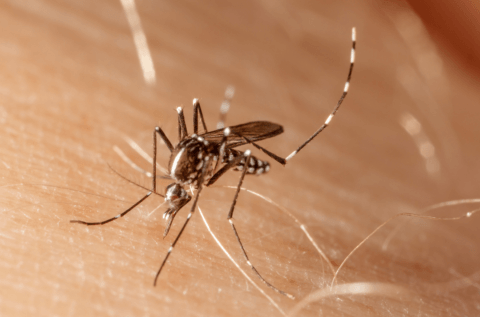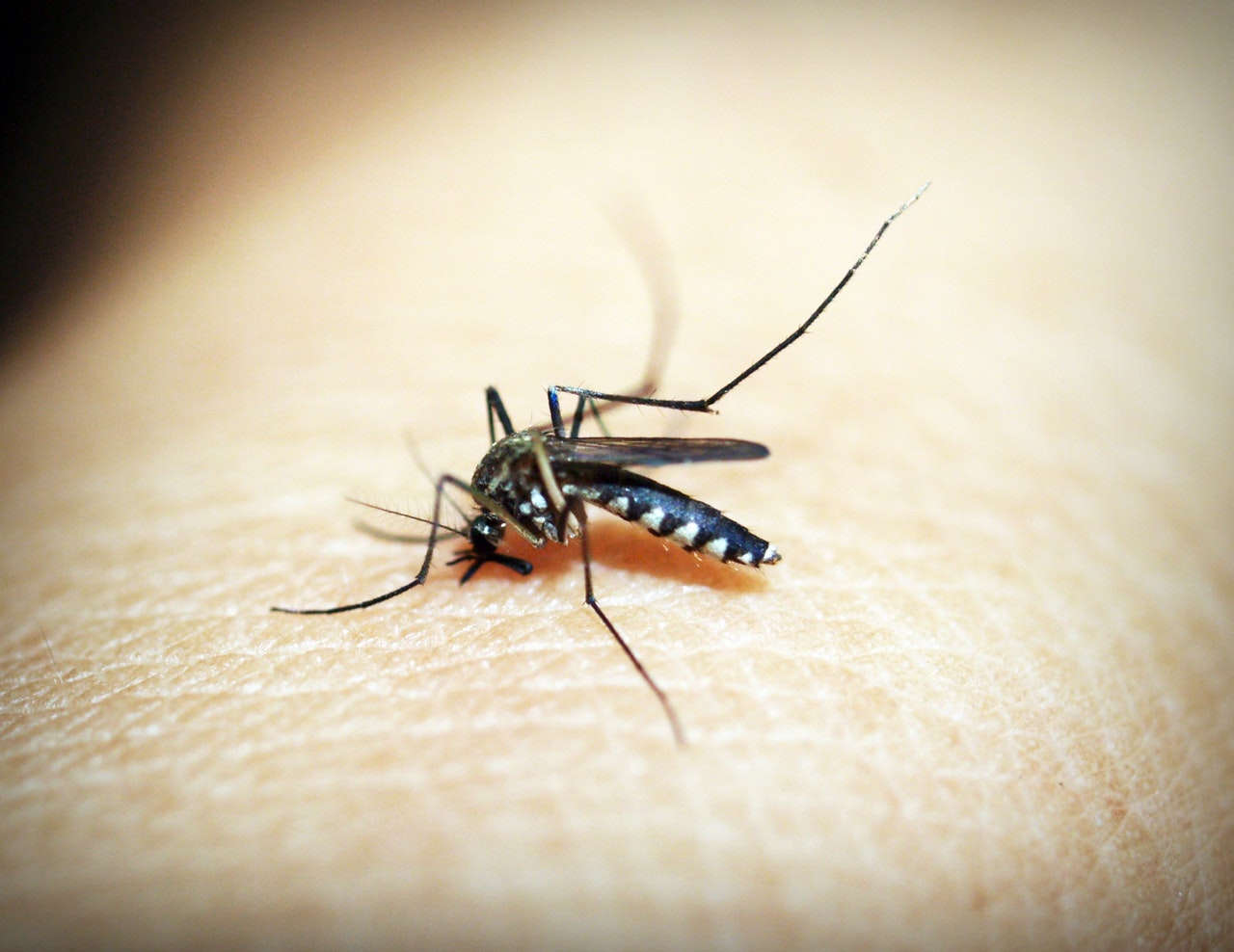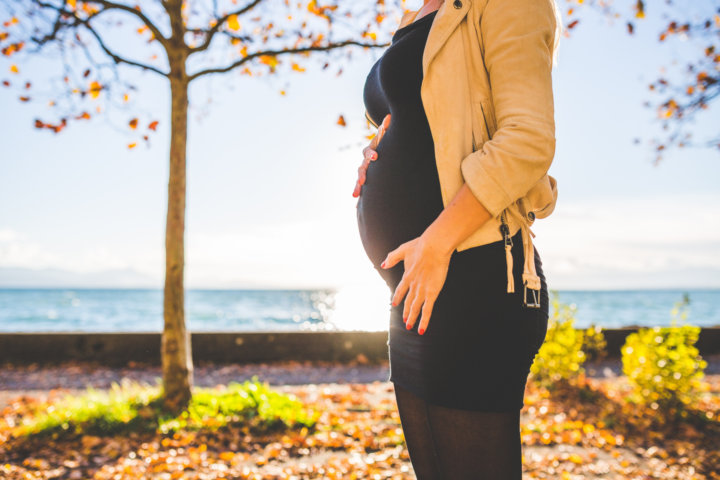A quick info guide adapted from the March of Dimes that can answer many of the basic questions about the Zika virus and pregnancy.

What is the Zika Virus?
Zika virus (also called Zika) can cause illness that lasts several days to a week. It usually spreads to people through mosquito bites. But if you get infected with Zika during pregnancy, you can pass the virus to your baby. Zika infection during pregnancy may be linked to pregnancy loss and a birth defect called microcephaly.
The top things you need to know about the Zika virus and pregnancy:
- You probably don’t need to worry about getting infected with Zika unless you’re travelling to a Zika-affected area. This is an area where Zika is spreading.
- If you get infected with Zika during pregnancy, you can pass it to your baby. Zika may cause serious problems for your baby.
- If you’re pregnant or trying to get pregnant, don’t travel to a Zika-affected area unless absolutely necessary. If you do visit a Zika-affected area, protect yourself from mosquito bites.
- If you’re pregnant, have traveled to a Zika-affected area and have signs and symptoms of Zika within 2 weeks of your trip, see your health care provider right away.
How does Zika spread?
You can get Zika if you’ve been bitten by an infected mosquito. If you have Zika and get bit by a mosquito during the first week of infection, the mosquito can become infected and spread the virus to other people through bites.
Zika is spreading in several places around the world. The Centers for Disease Control (CDC) is tracking the spread of Zika at cdc.gov/zika.
Zika-affected areas include:
- Africa
- Pacific Islands
- Latin America and the Caribbean (including Puerto Rico, the United States Virgin Islands and Brazil)
A few people have brought Zika into this country after visiting a Zika-affected area.
CDC recommends that pregnant women consider postponing travel to Zika-affected areas.
If you’re trying to get pregnant, talk to your health care provider before travel to a Zika-affected area and take steps to prevent mosquito bites during the trip. Check CDC travel alerts often for updates.
How can Zika affect a baby during pregnancy?
Zika infection during pregnancy may be linked to pregnancy loss and a birth defect called microcephaly. Microcephaly is when a baby’s head is smaller than expected, compared to babies of the same sex and age. Babies with microcephaly often have smaller brains that don’t develop properly.
During the current Zika outbreak in Brazil, there has been an increase in the number of babies born with microcephaly. Some of these babies were infected with Zika. More research is needed to understand how Zika may affect pregnancy and babies.
When is it safe to get pregnant after visiting a Zika-affected area?
Wait at least 2 weeks after you return from a Zika-affected area before trying to get pregnant. Waiting 2 weeks is important because the infection usually stays in your blood for a few days to a week after getting infected, even if you don’t have signs or symptoms of being sick. If you get pregnant after the virus clears from your blood, your baby cannot get Zika.
How do you know if you have Zika?
Most people with Zika don’t get sick. If you do get sick with Zika, it’s usually a mild illness, and you may not even know you’re infected.
If you do have signs of symptoms of Zika, they usually begin 2 to 7 days after you’re bitten by an infected mosquito. You can be sick with Zika for several days to a week. Signs and symptoms include:
- Headache
- Fever
- Joint or muscle pain
- Pink eye (also called conjunctivitis) or pain behind the eyes
- Rash
- Throwing up
If you’re pregnant and have been to an area with a Zika outbreak:
- If you have signs and symptoms of Zika within 2 weeks of your trip, see your health care provider right away. Tell your provider where you’ve travelled. It can be hard to diagnose Zika because its signs and symptoms are similar to other viruses. Your provider may give you a blood test to check for Zika and other viruses. If the blood test shows you have Zika or the blood test results are unclear, your baby should be tested for Zika after you give birth.
- If you have an ultrasound that shows that your baby has microcephaly or calcium deposits in the brain, get tested for Zika. Ultrasound is a prenatal test that uses sound waves and a computer screen to show a picture of your baby inside the womb. You also may get an amniocentesis (also called amnio) to check the amniotic fluid that surrounds your baby in the womb for Zika. Your provider may want to test the placenta and umbilical cord for Zika after your baby’s birth. The placenta grows in your uterus and supplies the baby with food and oxygen through the umbilical cord.
How is Zika treated during pregnancy?
There are no medicines to treat the Zika virus. However, treatment for Zika symptoms may include:
- Getting plenty of rest
- Drinking plenty of fluids
- Taking acetaminophen (Tylenol®) to relieve fever and pain
If you have Zika during pregnancy, your health care provider can check your baby’s growth using ultrasound. She may want you to see a maternal-fetal medicine specialist or an infectious disease specialist. Maternal-fetal medicine specialists are doctors with special education and training to take care of women who have high-risk pregnancies. An infectious disease specialist is a doctor with special training in the diagnosis and treatment of infections.
How can you protect yourself from Zika?
There’s no vaccine to help prevent the Zika virus. So, if you’re pregnant or trying to get pregnant, it’s best not to travel to an area with a Zika outbreak. If you do visit these areas, talk to your health care provider before you travel.
If you’re in an area with a Zika outbreak, the best way to protect yourself from getting Zika is to avoid mosquito bites. Here’s what you can do:
- Use an insect repellent (bug spray) that contains DEET.
- Wear a hat, long-sleeved shirts and long pants.
- Stay in places that have air conditioning or screens on windows and doors to keep mosquitoes out.
- Remove still water in flowerpots, buckets, animal water bowls and children’s pools. Mosquitoes often gather near water.
Is it safe to use bug spray when you’re pregnant?
Yes. Here’s how to stay safe when you use bug spray:
- Choose one that’s registered with the Environmental Protection Agency (also called EPA). All EPA-registered insect repellents are checked to make sure they’re safe and work well.
- Follow the instructions on the product label.
- If you use sunscreen, put sunscreen on first and then the bug spray.
- Don’t put insect repellent on your skin under clothes.
For more information about Zika virus and pregnancy visit the Centers for Disease Control and Prevention (CDC)
Additional resources:
- Health officials advise pregnant women against travel to Latin American countries
- The 10 Most Common Bug Bites and How To Identify Them
- A guide to bug bites on dogs
Original post February 5, 2016
Updated November 9, 2022
If you would like to learn more about GENESIS Fertility New York or are ready to schedule an appointment, please speak with one of our representatives at 929-605-5467.




